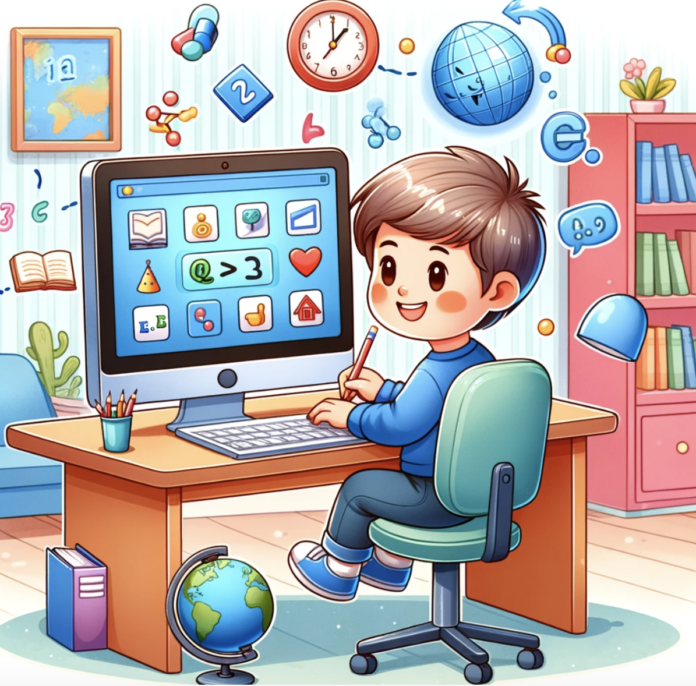In a world where digital entertainment is often seen as a distraction, video games are emerging as unlikely heroes in the realm of education and social awareness. This in-depth exploration reveals how gaming, traditionally associated with leisure, is being repurposed to foster learning and address critical social issues. From immersive role-playing games to simple yet educational card games, we uncover the multifaceted role of video games in today’s society.
Revolutionizing Education Through Interactive Play
The landscape of learning is being reimagined through the lens of video games. Educational games, a far cry from traditional rote learning methods, are proving to be powerful tools in engaging young minds. For example, “Minecraft: Education Edition” has become a staple in many classrooms, offering a sandbox environment where students can explore and create, making abstract concepts tangible and fun. This game, among others, facilitates active learning, encouraging students to think critically and solve problems in a collaborative setting.
Beyond general educational games, even classic card games are being reimagined for educational purposes. Games like Hearts and Pyramid Solitaire, traditionally known for their recreational value, are now being used to teach strategic thinking and mathematics. Hearts, with its need for strategy and foresight, can help sharpen decision-making skills and probabilistic thinking. Similarly, Pyramid Solitaire, a game centered around sequences and pattern recognition, can aid in enhancing cognitive abilities and problem-solving skills. These card games, often overlooked as mere pastimes, have found a new place in the educational sphere, demonstrating that learning can be both fun and effective.
Addressing Social Issues Through Engaging Narratives
Video games have transcended the boundaries of mere entertainment, becoming potent tools for social commentary and empathy-building. Titles like “Life is Strange” and “This War of Mine” offer more than just gameplay; they serve as windows into different life experiences, helping players understand and empathize with complex social issues. These games tackle themes ranging from mental health to the horrors of war, challenging players to think critically about the world around them and the impact of their decisions.
The Therapeutic and Social Benefits of Gaming
The impact of video games extends into the realms of health and social well-being. Games like “Zelda: Breath of the Wild” have been utilized in therapeutic settings, providing a means for individuals to explore and cope with mental health issues in a safe, controlled environment. Moreover, the interactive nature of games like “Ring Fit Adventure” promotes physical activity, cleverly integrating exercise into the gaming experience.
Conclusion
The realm of video games, often dismissed as mere entertainment, is proving to be a powerful ally in the fields of education and social change. From the classrooms where educational games like “Minecraft: Education Edition” are revolutionizing learning, to the therapeutic use of adventure games for mental health, the impact of gaming is vast and multifaceted. Even traditional card games like Euchre, Hearts and Pyramid Solitaire are being repurposed for educational ends, showcasing the unexpected ways in which gaming can contribute to societal progress. As we continue to explore and embrace the potential of video games, we uncover new possibilities for learning, empathy, and social awareness, proving that sometimes, playing a game can mean much more than just having fun.
